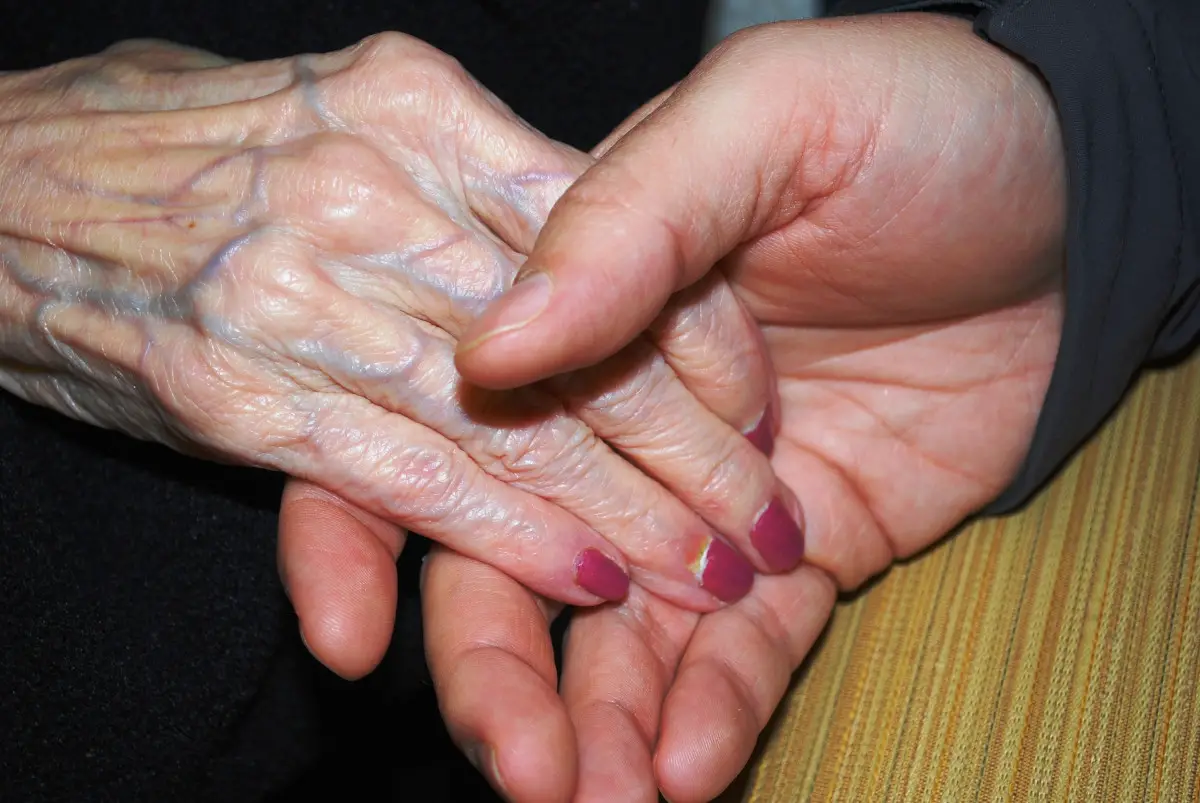You can have the world’s best skincare routine, drink water like it’s a sport, and swear by snail mucin, but aging? Aging still finds a way—especially in places you weren’t paying attention to (cough your hands). Yep, while you’re busy dabbing eye cream under your concealer, your body has a whole other plan. The wild truth? Your hands age four times faster than your face—and that’s just the beginning.
Aging isn’t just about crow’s feet and laugh lines anymore. It’s written into your bones, your scalp, your sleep, even your gut bacteria (rude, honestly). But once you decode what’s actually going on behind the scenes, you can start aging smarter, not just slower. Ready to peek behind the curtain and figure out where time’s really ticking? Here are the sneaky, science-backed codes to how your body ages—and what you can do to finesse them.
1. Your Hands Tell on You First
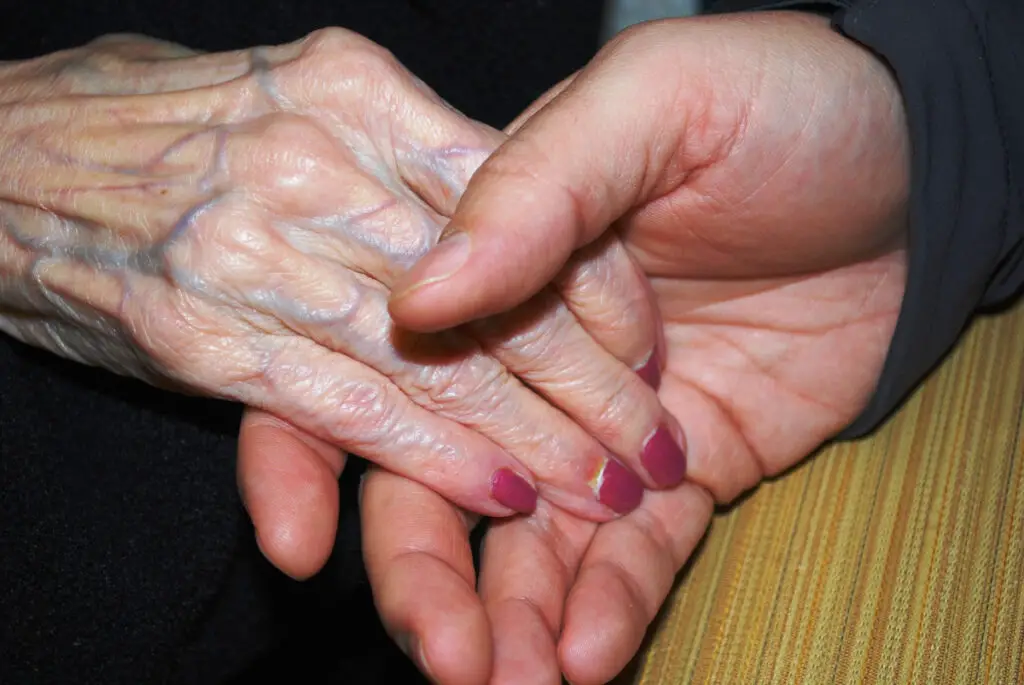
You can contour your cheekbones into next week, but your hands? They stay snitching. Because the skin on the back of your hands is naturally thin and constantly exposed, it loses collagen and elastin at lightning speed. And since most of us forget to SPF our knuckles (guilty), they soak up sun damage like a dry sponge at brunch.
According to Healthline, your hands don’t just age faster—they age louder. Veins pop, spots form, and texture roughens as early as your 30s. Add to that all the scrubbing, sanitizing, and winter dryness, and suddenly you’re looking at “hand Botox” in your search history. The good news? SPF, hand cream with retinol, and even overnight gloves can slow the timeline. But the lesson here is simple: treat your hands like your face—or risk looking like you borrowed them from your great-aunt Carol.
2. Mitochondrial Decline Starts in Your 30s
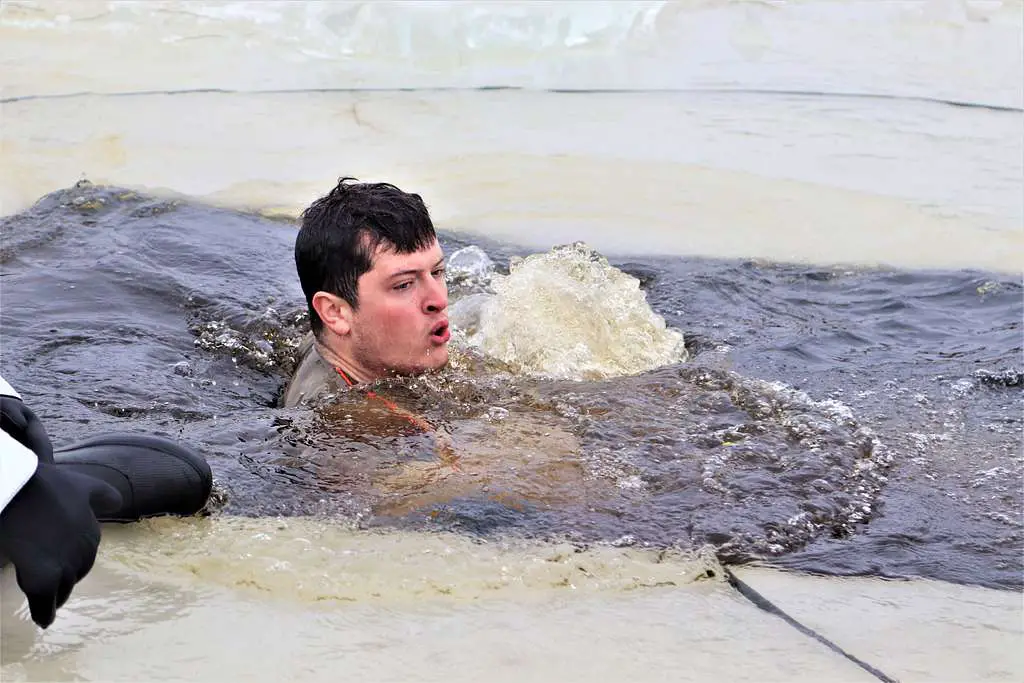
Here’s a plot twist worthy of a sci-fi reboot: your cellular powerhouses start going dim way earlier than you’d think. Mitochondria—the tiny engines inside your cells—begin to slow down production in your 30s. That energy dip isn’t just about feeling more “ugh” at 3 p.m.—it’s also when skin repair, muscle regeneration, and even hair growth start lagging. Basically, your body clock shifts from “construction mode” to “patch-it-and-pray.”
As noted by PubMed Central, mitochondrial efficiency plays a massive role in how gracefully (or chaotically) we age. Low function equals less energy for cell turnover, more oxidative stress, and faster aging from the inside out. Think of it like using a phone with a battery that only charges to 60%. The signal’s still strong, but things start breaking down faster. Want to help it out? Look into CoQ10, magnesium, or even cold exposure—but always check with your doc before popping new pills.
3. Your Gut’s Microbiome Affects Your Skin

You thought your gut was just for digestion? Babe, it’s running your skin’s entire mood. The trillions of bacteria in your gut aren’t just breaking down your oat milk latte—they’re influencing inflammation, immunity, and yep, how your skin ages. Imbalances in your microbiome have been linked to everything from eczema to premature wrinkles.
Dermatology Times reported that researchers are now exploring how gut health directly correlates with skin quality, especially as we age. A stressed-out gut = systemic inflammation, which = collagen breakdown and dullness. That means probiotics, fiber-rich foods, and cutting back on ultra-processed junk could do more for your glow than that $80 serum. So next time you reach for glowing skin in a bottle, consider adding sauerkraut and kefir to your rotation. Inner peace starts in the gut… and apparently so does your outer beauty.
4. Bone Loss Changes Your Face
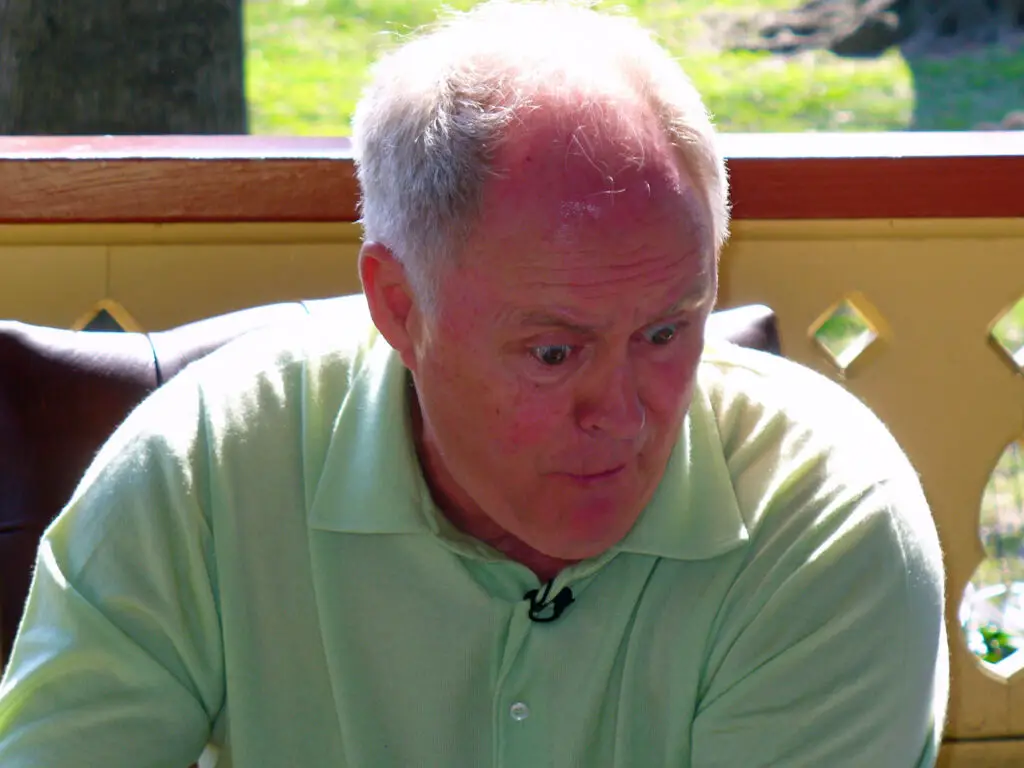
Aging isn’t just about the surface—your skeleton is in on the act too. As early as your 40s, your face starts losing bone density, especially around the eyes, cheeks, and jawline. That “sunken” look? It’s not just skin—it’s structure. The scaffolding of your face literally changes shape, giving your skin less to cling to.
According to The National Library Of Medicine, this kind of internal shift explains why even people with flawless skin still start to “look older.” Your temples hollow, your jaw softens, and the mid-face subtly drops. And no, face cream can’t fix bone. Resistance training, calcium-rich foods, and bone-supporting supplements like Vitamin D and K2 might help slow the process. But this is your friendly reminder: lift weights, even if it’s just your Trader Joe’s haul. Your face will thank you in 20 years.
5. Sleep Debt Ages Your Skin (and Brain)

You know that glazed donut look after a solid 8 hours? That’s not just your imagination—it’s biology. While you sleep, your body repairs skin, resets your brain, and reduces inflammation. But cheat yourself out of deep sleep too often, and you’re aging faster in every way that matters.
Cosmopolitan reports that chronic sleep deprivation leads to more fine lines, dull skin, and poor moisture retention. And it doesn’t stop there—lack of sleep also shrinks your brain volume over time, especially in regions responsible for memory. Basically, beauty sleep is real, and skipping it is like hitting fast-forward on aging. If you’re burning the candle at both ends, your face will snitch. Fix your sleep hygiene like it’s part of your skincare routine—because it kinda is. Night mask, meet eye mask.
6. Collagen Production Starts Ghosting You
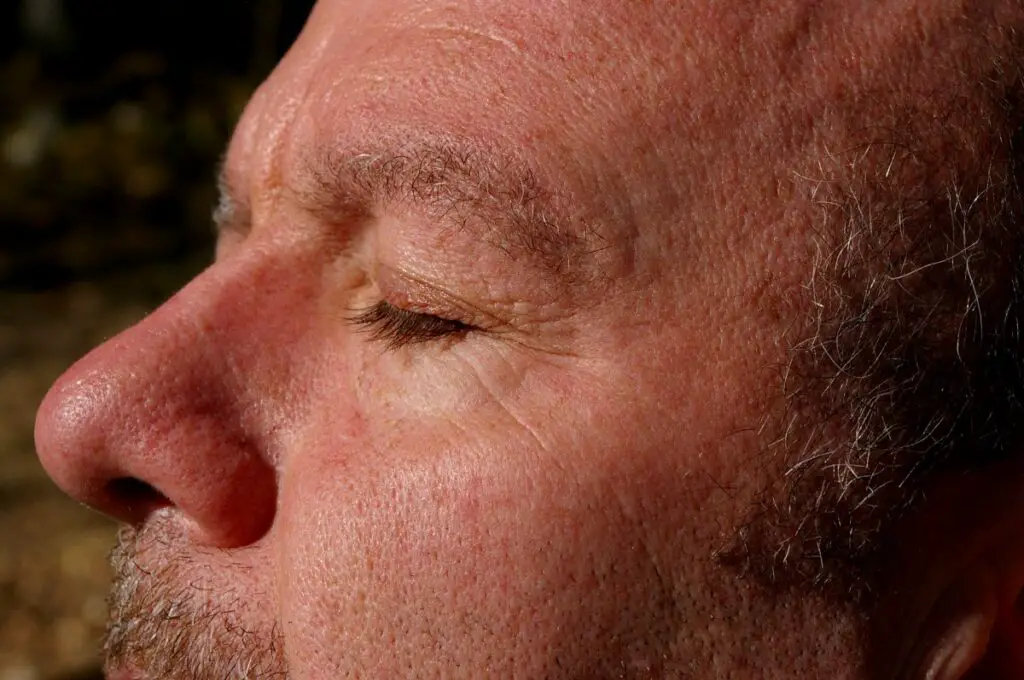
Collagen is that plump, bouncy friend who makes your skin look like it knows what a green juice is. But after your mid-20s, collagen production starts to dip—and by your 40s, it’s basically leaving the group chat. That’s when things get real: fine lines settle in, cheeks deflate like forgotten balloons, and your jawline starts to blur like a bad photo filter.
It’s not just a vanity thing—collagen also keeps your joints, bones, and even your gut lining strong. When your body stops making as much, everything feels a little… looser. You may notice your skin bruises more easily, or that cuts take longer to heal. Even your lips might look thinner, which is just rude, honestly. Boosting collagen isn’t just about powders and peptides (though those help); it’s also about eating protein, getting vitamin C, and protecting your skin from the sun like it’s sacred. The good news? Your body wants to support you—you just have to give it the tools. Think of collagen like your skin’s scaffolding. Without it, the whole house starts to sag.
7. Oxidative Stress Is the Silent Saboteur
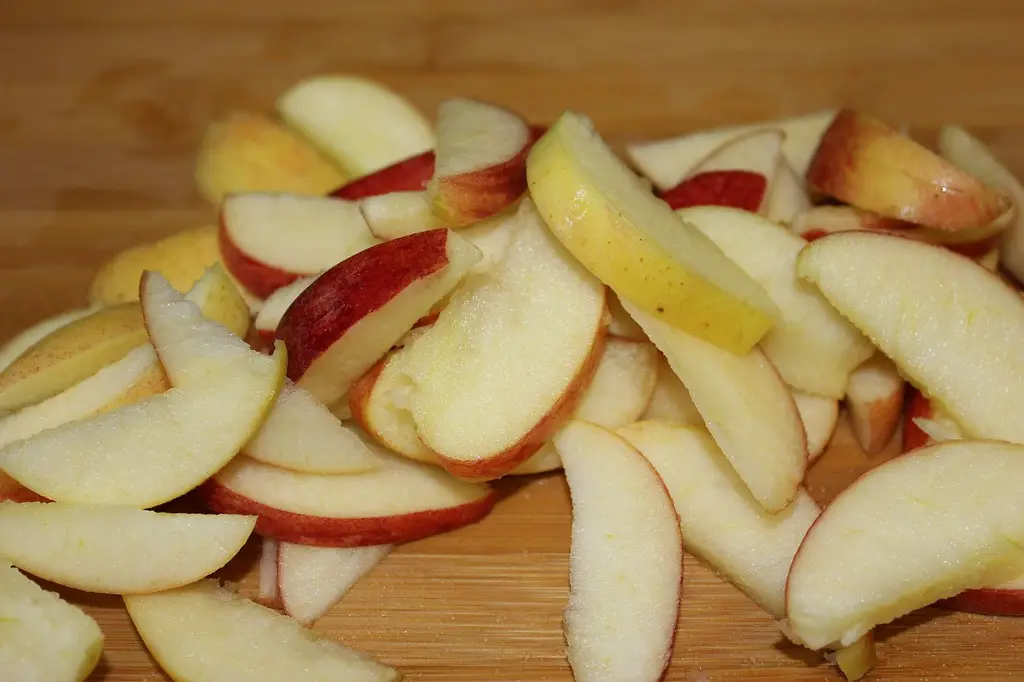
You know how a sliced apple turns brown if you leave it out? That’s oxidation—and the same thing happens in your body. As you age, your cells produce more free radicals (unstable molecules), which bounce around causing damage like drunk toddlers in a glass shop. This process, called oxidative stress, is one of the main reasons we age the way we do—wrinkles, inflammation, chronic disease, you name it.
The kicker? Your body’s natural defenses against this decline as you get older. It’s like having fewer bouncers for a rowdier crowd. This makes your skin duller, your joints crankier, and your energy levels more unpredictable. Enter antioxidants: your internal clean-up crew. You’ll find them in berries, green tea, dark chocolate, and yes, red wine (you’re welcome). While you can’t stop oxidative stress entirely, you can keep it from going full “scorched earth” on your insides. Eat colorfully, breathe deeply, and avoid living entirely on coffee and sarcasm (tempting, we know).
8. Hormones Hijack Your Skin (and Sanity)
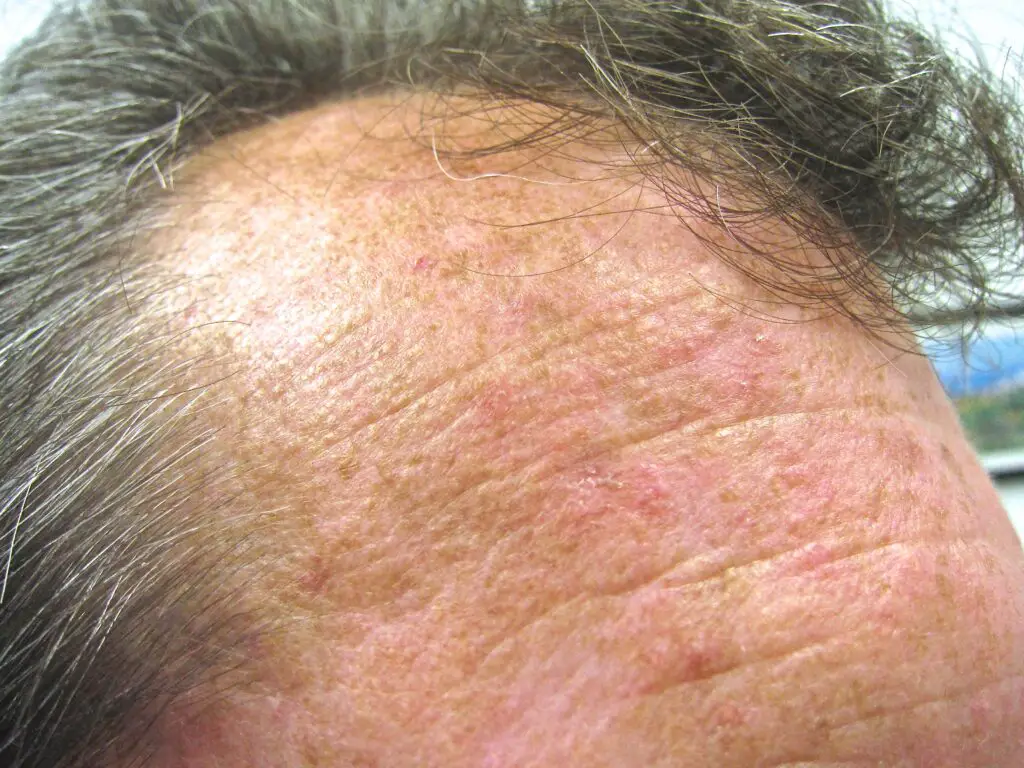
Just when you thought you’d made peace with puberty, along comes perimenopause to crash the party. Estrogen—your skin’s glow-up hormone—starts dropping in your 40s, and it takes collagen, hydration, and elasticity with it. Suddenly your skin feels drier, thinner, and less… bouncy.
But it’s not just your face—your mood, sleep, and metabolism all get caught in the hormonal crossfire. Acne might make an unwanted comeback, and hot flashes don’t exactly pair well with dewy foundation. Your body’s trying to recalibrate, and your skin is just one of many symptoms waving the white flag. But here’s the power move: knowledge is skin armor. You can manage it with the right skincare, supplements, and if needed, hormonal support from your doc. It’s not about stopping the change—it’s about riding the wave with grace, SPF, and maybe a fan in your purse. Hormones may be unpredictable, but your response doesn’t have to be.
9. Your Face Starts Losing Fat (In the Worst Places)

Remember those cute, chubby cheeks you used to hate in high school? Yeah, turns out they were doing you a huge favor. Facial fat pads give the face its youthful contour, and as you age, they shrink, shift, and slide south. Not cute. This loss leads to a more hollow, tired look—even if you feel wide awake.
It’s why you suddenly look “different” in photos, like someone’s slowly melting your features. Combine that with bone loss and collagen decline, and things start to feel… saggy. No judgment—we all go through it. But now you know why contouring exists. Facial massages, filler, or just embracing the change like a French icon are all valid choices. Either way, your fat’s moving out—and taking the babyface vibe with it.
10. Neck and Chest Skin Ages on Double Speed
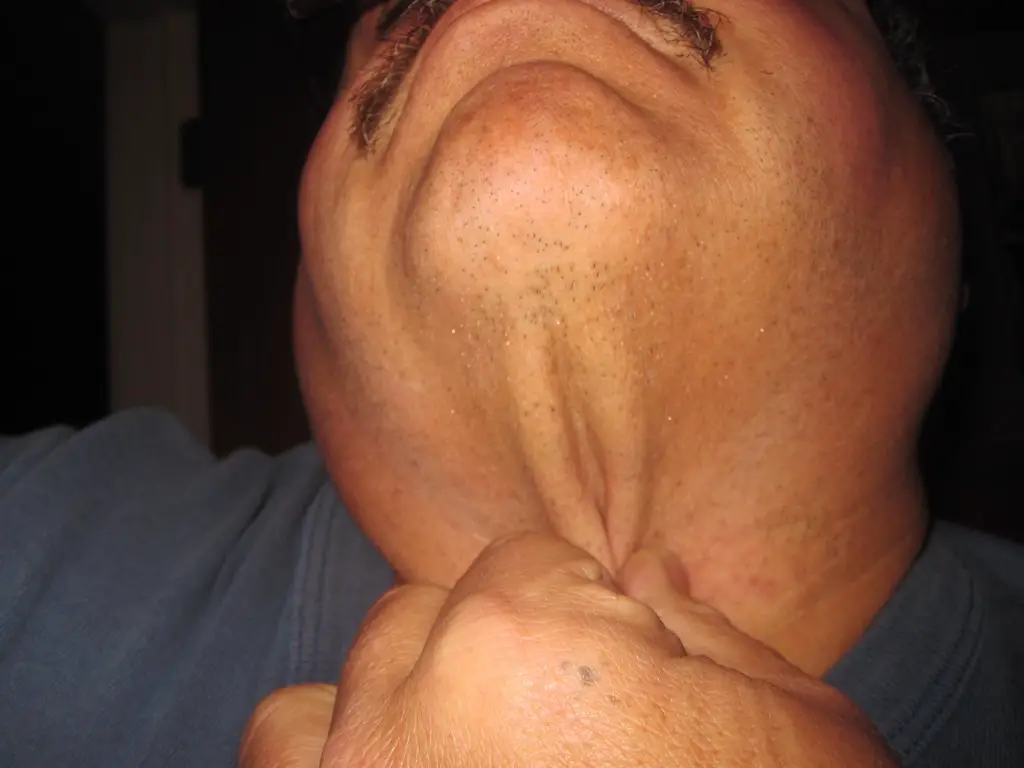
You’ve been hyper-focused on your face, but your neck and chest have been quietly begging for attention. The skin there is thinner and has fewer oil glands, which means it dries out and wrinkles faster. Add in years of sun exposure (low-cut tops + beach days = aging souvenirs), and the décolletage starts telling your age loud and clear.
Lines, spots, and sagging sneak in like uninvited guests. And let’s be honest, nobody wants a snatched face sitting on top of a sun-damaged neck. You have to start thinking of your face as a whole zone—hairline to nipples, no exceptions. Moisturize, exfoliate, and sunscreen this area like it’s your skincare VIP section. Even better? Bring your nighttime serums south of your jawline. Neck and chest deserve main-character energy too. Because when the skin there looks good, everything looks more put together—even if you’re not.
11. Your Scalp and Hair Are Aging Too

Your hair isn’t just a style choice—it’s a built-in billboard for your health and age. And sadly, your scalp ages right along with the rest of you. As blood flow and collagen decrease, your hair can become thinner, drier, and more brittle. Your hairline may recede, and your strands may lose pigment or get patchier in growth.
All that means less volume, less shine, and more frustration in front of the mirror. But don’t panic-shave just yet. Scalp care is now a legit category in beauty for good reason. Think exfoliating, hydrating, and stimulating—basically, skincare for your scalp. Massages, oils, and gentle shampoo routines can breathe life into tired follicles. Your scalp is skin, after all. And it deserves the same love you give your face—especially if your hair is starting to ghost you.
12. Your Teeth and Gums Show Your Age
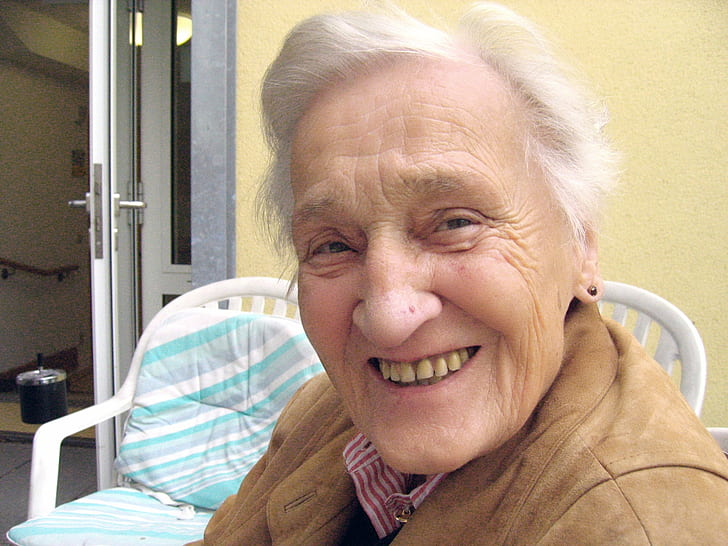
Think aging is just about wrinkles and gray hair? Think again—your smile is out here aging right along with you. Gums recede, enamel wears down, and years of coffee and wine start to leave their mark. That youthful “full smile” slowly becomes more “dentist commercial,” especially without regular care.
And here’s the kicker: your teeth and gums don’t just affect how you look, they impact the structure of your entire face. As dental health declines, the lower third of your face can collapse slightly, making you look older and more tired. Add in grinding (thanks, stress), and things can go downhill fast. But it’s not too late—regular dental visits, whitening touch-ups, and even cosmetic tweaks can make a major difference. Don’t sleep on your smile. It’s your real-life face filter.
13. Hydration Becomes a Full-Time Job
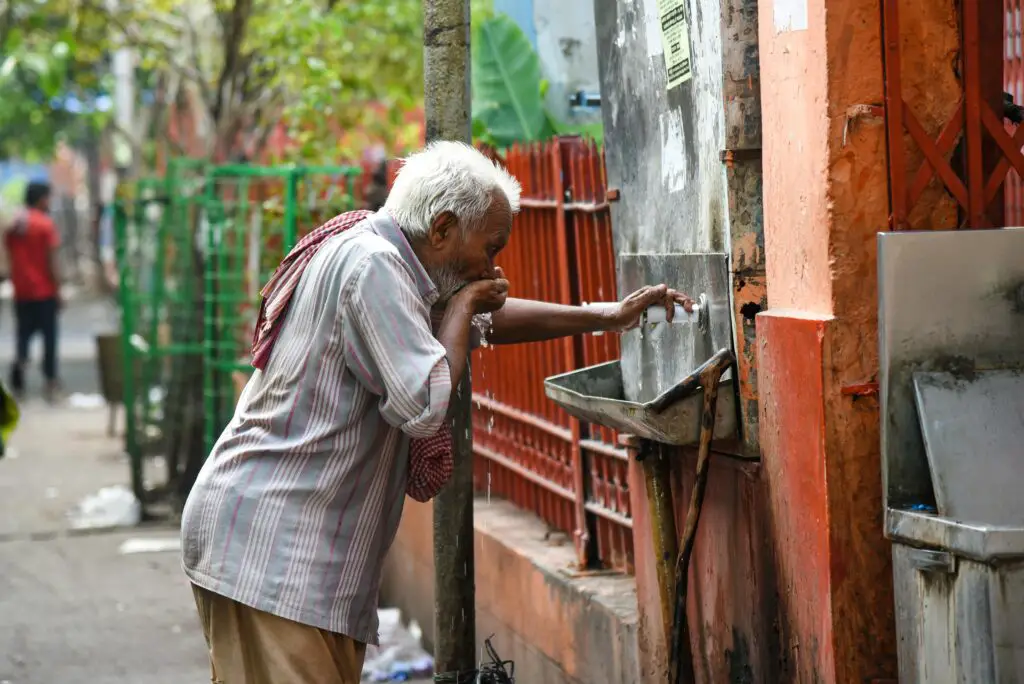
When you were 22, you could go a full day on one iced coffee and a slice of pizza and still look vaguely radiant. After 40? Skip your water for half a day and your face will punish you by turning into a flaky desert map. As you age, your skin’s ability to retain moisture decreases, and your thirst response gets less reliable.
Translation: you’re probably more dehydrated than you think. And it shows up in dullness, fine lines, puffiness, and a tired-looking complexion. Hydration is no longer a cute wellness trend—it’s a biological necessity. That means drinking water, yes, but also using ingredients like hyaluronic acid, glycerin, and ceramides topically. Think of water as skincare you swallow. If you want your skin to bounce, you’ve gotta refill the tank regularly. Moisture is the real anti-aging magic trick—no filter required.
14. Your Immune System Slows Down Too
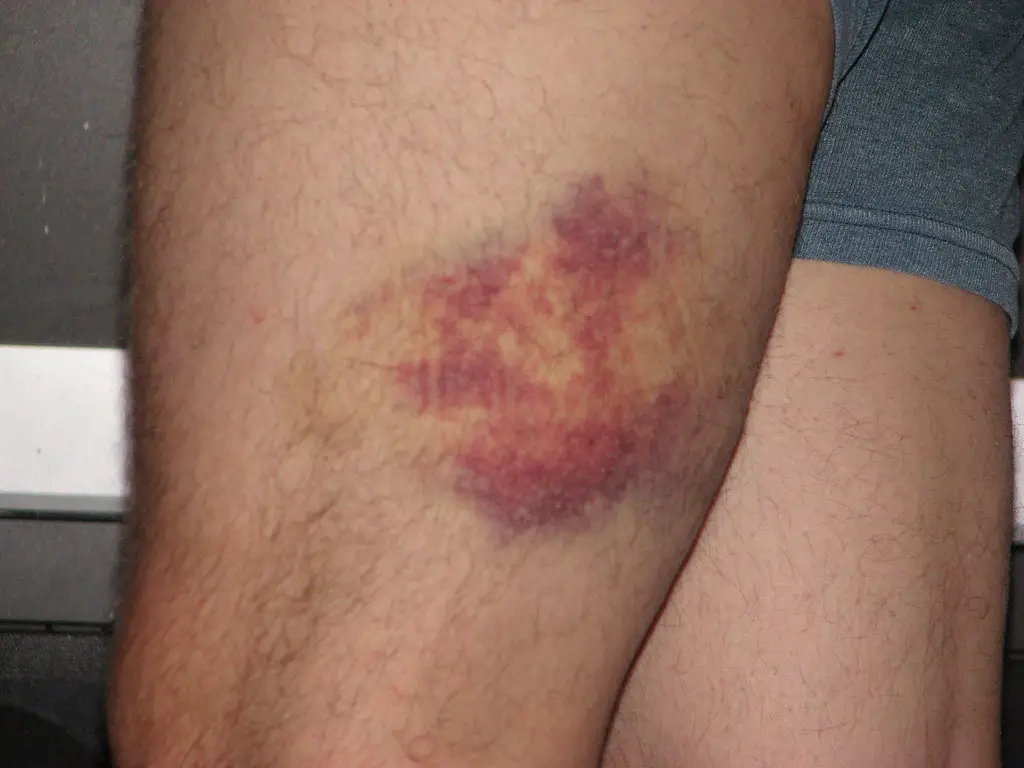
As you age, your immune system gets a little… slower on the draw. It’s like your internal bouncer still shows up to work, but takes longer to kick the bad guys out. This doesn’t just mean more colds—it affects how your skin heals, how inflammation shows up, and how your body responds to stress.
That’s why cuts take longer to disappear, blemishes linger like bad exes, and your body feels a bit more sluggish after minor illnesses. Chronic, low-grade inflammation (aka “inflammaging”) starts showing up in the form of redness, puffiness, and flare-ups. The more your immune system slows, the more visible these issues become. Supporting your immune system isn’t just for flu season anymore—it’s part of your aging strategy. Sleep, stress management, antioxidants, and regular movement all help. Your immune system might be a little tired, but it still loves you. So give it what it needs to keep showing up for you—inside and out.

